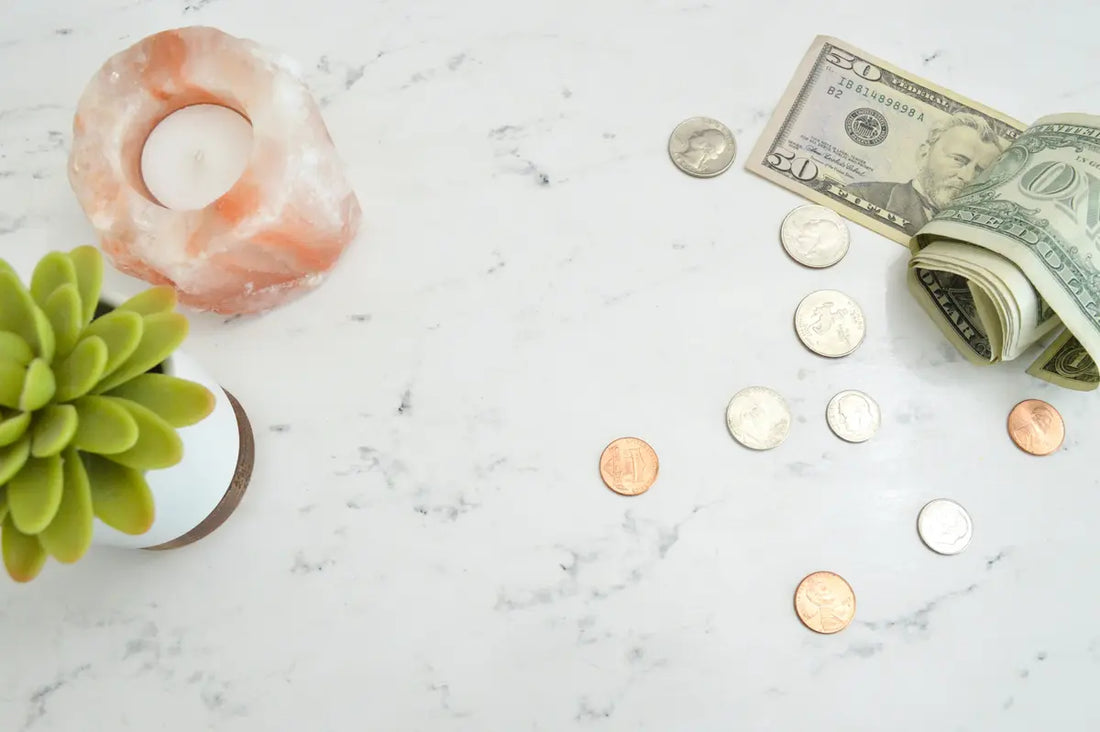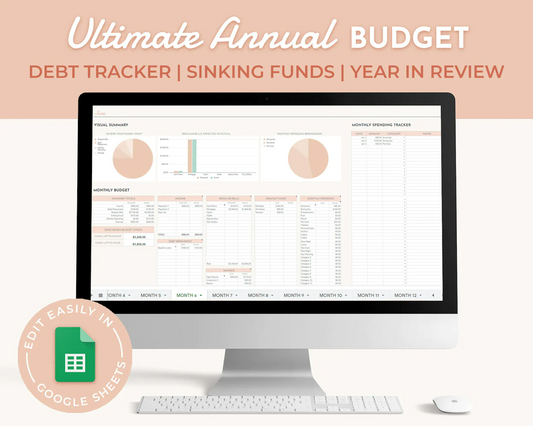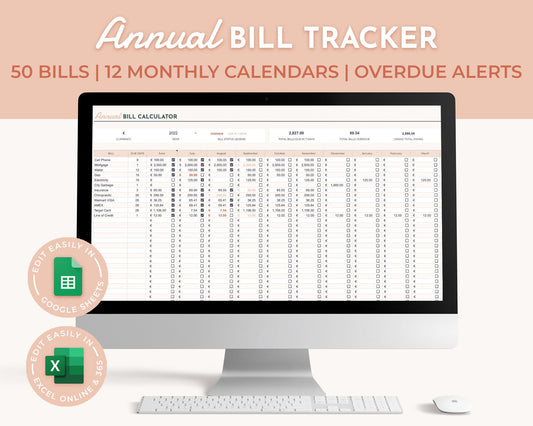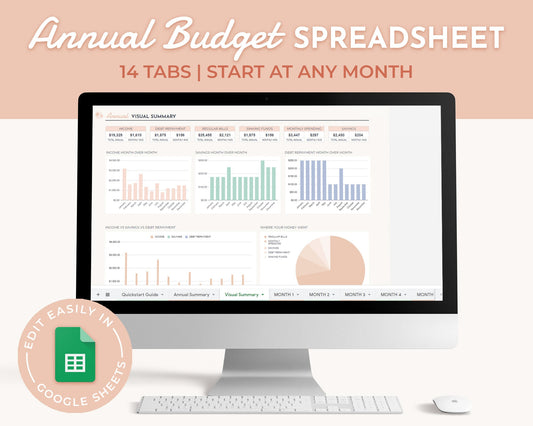Are you looking for the best frugal living tips to help you save money? I've got you covered.
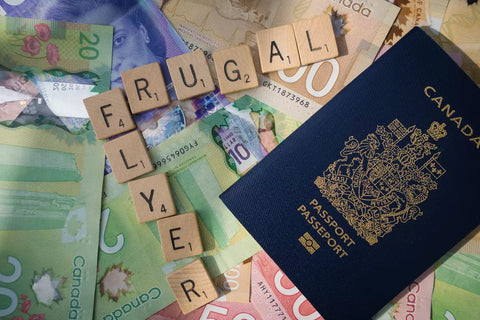
What Is Frugal Living?
Frugal living is often linked to being stingy or cheap; however, that's just not the case. There is an enormous difference between being cheap and simply being frugal.
Being frugal means that you are always looking for ways to save money so that you can spend it on things that matter to YOU.
Being frugal means you're making conscious decisions about how you spend your money to maximize your savings and minimize waste.
It's about setting priorities and making smart decisions with your hard-earned cash, whether for the bigger things in life like a new car or house or even something as simple as buying lunch instead of eating out. You may think of yourself as a tight person, but in reality, you are just someone who knows how to manage their money well!
So, if you're ready to learn to save more money each month, keep reading because I will show you 35 ways to help you start living frugally today!
35 Frugal Living Tips to Save Money
- Meal planning
- Take your grocery list while shopping
- Pack your lunch
- Use containers instead of plastic wrap
- Cook at home
- Buying in bulk
- Freeze the extra food items
- Eat your leftovers
- Cook from scratch
- Buy whole foods instead of cut
- Make one meal per day
- Eat seasonal produce
- Brew your own coffee
- Don't buy groceries when you are hungry
- Cashbacks
- Free coupons
- Ride your bike and save on gas
- Forget the dryer and air dry to save money.
- Unplug electronics before you leave and save on household expenses
- Only shop once per month
- Don't buy a new phone
- Cut the cord
- Stop buying gadgets until you are debt-free
- Make more DIY products
- Stop spending money on extra clothes
- Budget your money
- Use energy-efficient appliances
- Downsize your home if possible
- Plan a no-spend month
- Sell the stuff you don't use
- Stop buying unnecessary items
- Keep an emergency fund
- Learn to earn extra money
- Remove all shopping apps from your phone
- Pay your debt as soon as you can with the Debt Snowball method
- Meal planning
Meal planning is probably one of the best ways to save money and eat healthier. When you plan your meals, you can better estimate how much food you need to buy. You may also be less tempted to buy takeout or impulse purchases at the grocery store because you already have a meal planned out.
- Take your grocery list while shopping
Take your grocery list with you when shopping so that you don't buy things on impulse. It's easy to see something that looks good and buy it without thinking about how much it costs or if it is something you will use.

- Pack your lunch
If you're lucky enough to work in an office where you can bring your lunch, do it! This is one of the easiest ways to save money because it costs nothing if you shop smartly, cook at home and pack a healthy lunch.
- Use containers instead of plastic wrap
Plastic wrap can be expensive and wasteful, especially if you're only going to use it once or twice. To avoid this problem, buy reusable containers instead. Your pantry will thank you!
- Cook at home
Cook at home instead of eating out or getting takeout. Cooking at home is healthier and cheaper than going out; it gives you more control over how much sodium and sugar goes into your meal.
- Buying in bulk
Buying in bulk is cheaper than buying smaller amounts at the grocery store. You might not always need what you buy in bulk, but it's good to stock up on items when they're on sale.
- Stop buying bottled water
Bottled water isn't cheap, and many healthier options are available that won't cost as much.
- Eat your leftovers
You don't have to make a new meal every day. It's easy to throw together leftovers into a different dish that's even better than what you originally made.
- Cook from scratch
It's cheaper, healthier, and tastier than anything you can buy in a box or a bag. You'll also have more control over your ingredients.
- Buy generic instead of name-brand items
Buy generic instead of name-brand items whenever possible because you'll usually find that generic products are less expensive than name brands at the grocery store (or even Walmart).
- Make one meal per day
This tip can apply to both dinner and lunch. If you're too tired or busy during the week to make dinner every night, try making one meal per day on Sunday night so that you only need to make breakfast and lunch during the weekdays. This will save time and money!
- Eat seasonal produce
Buy fresh fruits and vegetables that are in season, which are usually cheaper than out-of-season produce.
- Brew your own coffee
Coffee is one of the most popular drinks in the world. It's also one of the most expensive. Brewing your coffee is easy to save money and control what goes into your cup.
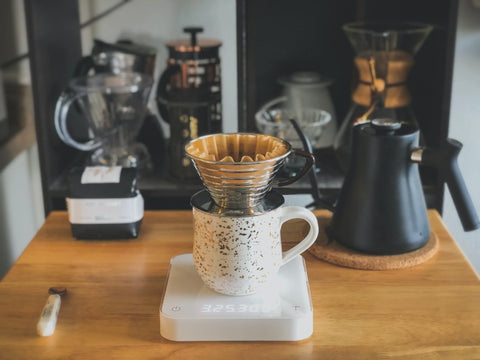
- Don't buy groceries when you are hungry
If you are planning on saving money, make sure you don't buy groceries when you are hungry. If you do, then chances are that you'll end up buying more than what you need and spending more than what is necessary.
- Cashbacks
Cashback websites are a great way to earn money on your online shopping. These sites provide cashback on different categories like travel, electronics, fashion, and more.
- Free coupons
Coupon codes are another great way to save money while shopping online. They offer discounts on all products, from electronics to clothes and accessories. Some coupon codes even give you free shipping!
- Ride your bike and save on gas
If you have a bike or even a bike trailer, use it instead of driving. You'll get some fresh air and exercise while saving money on fuel and car insurance.
- Forget the dryer and air dry to save money.
Air drying clothes is a great way to save money. It's cheaper than using a dryer, and it saves energy.
- Unplug electronics before you leave and save on household expenses.
If you want to save money on electricity, make sure you unplug everything when it's not in use. Not only will this help the planet by reducing carbon emissions, but it will also help keep your electric bill down.
- Only shop once per month
One of the best things you can do to save money is to stop shopping so often. The more you go to the store, the more likely you will spend more than necessary.
- Don't buy a new phone
You don't need the latest and greatest phone every year. If your current device works well enough, there's no reason not to keep using it until it dies or becomes obsolete.
- Cut the cord
The average cable bill is about $100 a month. That's $1,200 a year! If you're paying that much for cable, it's time to cut the cord. You don't need it. There are plenty of other ways to watch TV and movies online.
- Stop buying gadgets until you are debt-free
If you have a lot of debt and a low-paying job, it's more important than ever to stop spending money on things that depreciate in value.
- Make more DIY products
DIY is not just a fun pastime but an economical way to save money and time. You can make your own cleaning supplies, laundry detergent, body lotion, and even food products.
- Stop spending money on extra clothes
It's easy to waste money on clothes you don't need, but it's a good idea to stop buying items that aren't necessary.
- Budget your money
It's easy to get caught up in spending when you have extra cash in the bank. But if you don't know what to do with that money, it's best to be prepared before you spend it.
Set a budget for yourself and stick to it. You can try these easy-to-use budgeting spreadsheets to get started with budgeting!

- Use energy-efficient appliances
Energy-efficient appliances can save you money in two ways: They use less electricity and pay for themselves over time by avoiding energy bills. Installing them is easy, too. Just follow the instructions on how to set up the new appliance.
- Downsize your home if possible
Consider downsizing your living space if you're living in a large house or apartment. Moving into a smaller place will save money on housing costs and utility bills.
- Plan a no-spend month
Planning a no-spend month is easy to see how much money you can save by cutting back on unnecessary purchases. You could challenge yourself to spend no more than $50 per week or $100 monthly on groceries and other essentials like gas and rent.
Budgeting tools would be helpful if you are doing this challenge to track your monthly savings and spending easily.
- Sell the stuff you don't use
If you're not using it, sell it. If you're holding on to something because it's a good deal, try to sell it and make a few bucks. You could even donate the unneeded item to charity if it's in good condition.
- Stop buying unnecessary items
You don't need to buy a new outfit or electronics every time you go shopping. Buy only the things that you need.
- Keep an emergency fund
If you've ever been hit by an unexpected expense like a car breakdown or house repair, you know how quickly the money in your bank account can disappear. That's why keeping a stash of cash on hand for emergencies is so important.
Not sure how to start with creating an emergency fund? This might help

- Learn to earn extra money
To save more money, you need to make more money. The easiest way to do this is by finding freelance opportunities and making money. There are plenty of ways to do this. You can check Upwork, Fiverr, Craigslist, or even start your own online business.
- Remove all shopping apps from your phone
This can be hard because it's so easy to buy stuff online, but removing temptation is important. If you don't have the app, you can't buy anything.
- Pay your debt as soon as you can with the Debt Snowball method
The Debt Snowball method is a great way to get out of debt faster. You pay off your smallest debt first and when that's done, take the amount you were paying on that debt and use it to pay off the next smallest one. That way, you're always making progress towards being debt free.
Becoming frugal doesn't happen overnight. It takes time, planning, and discipline to turn a wasteful lifestyle into one where you can save money.
But in all seriousness, frugal living doesn't necessarily mean being cheap. A little bit of moderation goes a long way, as they say. So get used to saying no to extra expenses and yes to affordable luxuries. After all, you'll soon be spending your time wisely, not being forced to spend your money!

